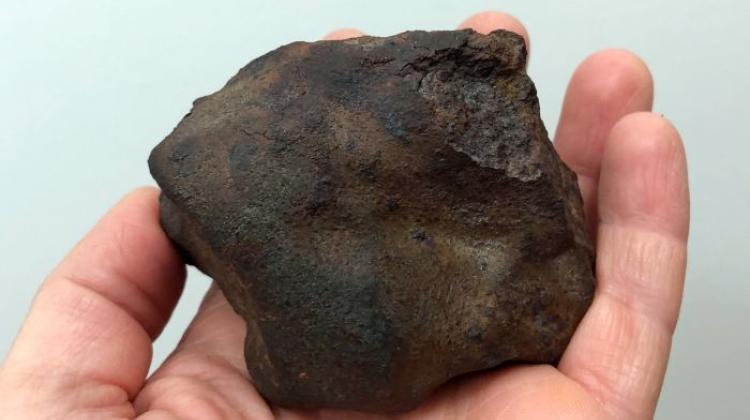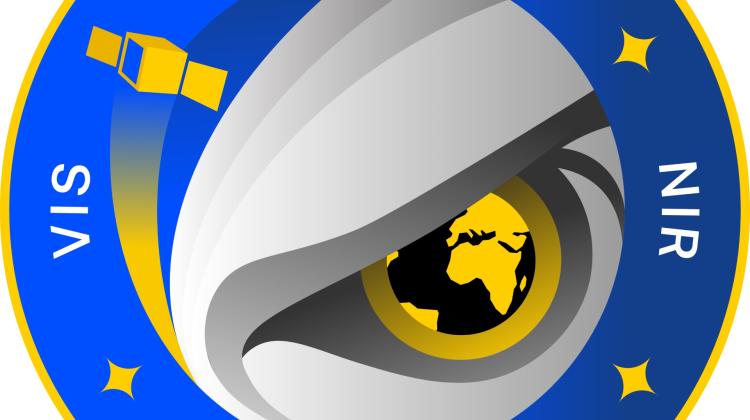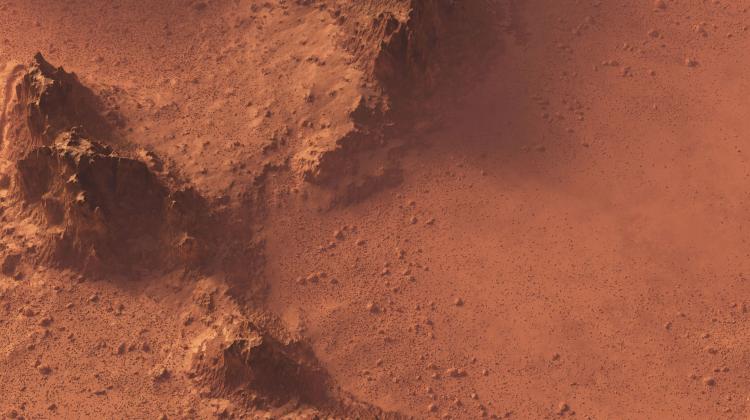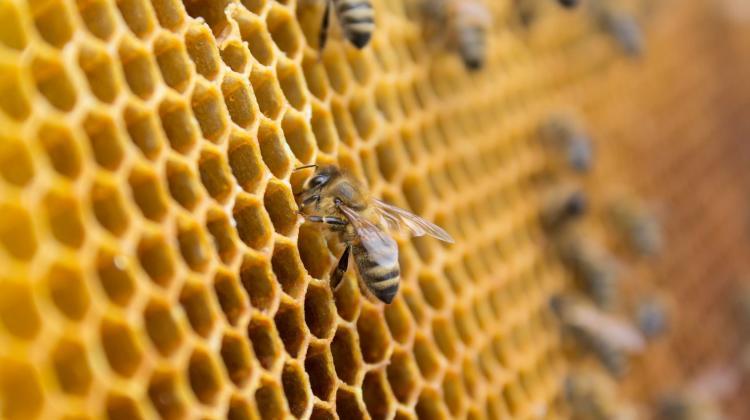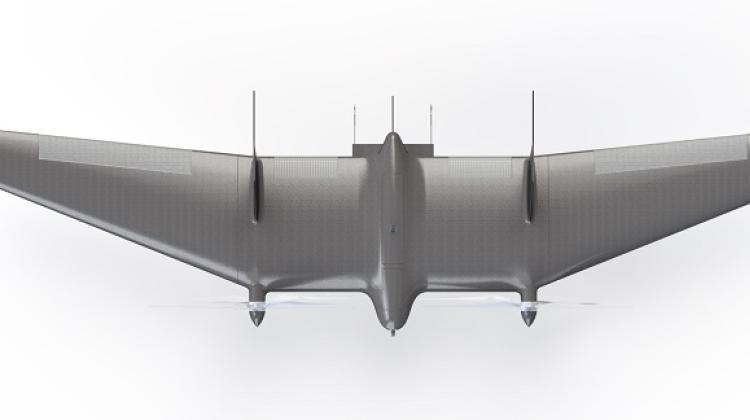Polish rig can drill through cosmic soil
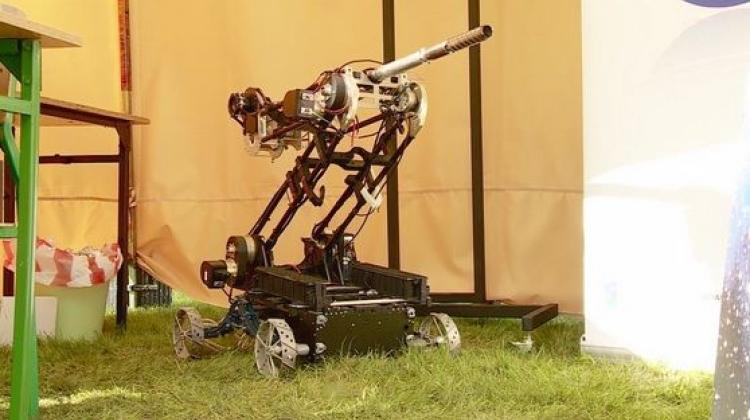 Photo: PAP
Photo: PAP
Space drilling rig built by Polish scientists can be used to study the soil of celestial bodies, for example Mars. It may also be useful to work on Earth, in inaccessible or contaminated sites. This innovative device can work without human intervention.
Drilling rig has been built by scientists from the Space Research Centre of the Polish Academy of Sciences and the Faculties of Drilling, Oil and Gas and Mechanical Engineering and Robotics, AGH University of Science and Technology in Kraków.
"The device is intended for sampling with a focus on harsh conditions on earth and the conditions of outer space. We focused on Mars, but the device can be adapted to other conditions" - told PAP Eng. Paul Paśko of the Space Research Centre of the Polish Academy of Sciences.
He emphasised that the challenge for the engineers working on a drilling rig that would operate in space was to build mechanisms capable of operating under specific conditions, including the absence of gravity. The device also had to be lightweight and take up minimal space because the cost of sending cargo to space increases with each kilogram. The rig weighs only 21 kilograms and fits in a cube with 1.5 m sides. It will allow to drilling holes to a depth of 1.8-2 m.
The drilling rig can also be used in earth conditions - in areas inaccessible to humans - for example near volcanoes, glaciers, or to inspect the levees at risk. It may also be useful in contaminated places, where a man should not be present.
"Drilling we want to do in space or in inaccessible earthly conditions require the unit to be autonomous. Drilling must take place without human intervention, which is quite a difficult task" - said Paśko. As a result, the rig can also get to set point avoiding obstacles, drill a hole, split and take samples, secure them and transport them to base.
"This is the first such project that we carry out and technology demonstrator. We are using innovative solutions that no one used before" - noted Paśko.
PAP - Science and Scholarship in Poland
ekr/ agt/ mrt/
tr. RL
Przed dodaniem komentarza prosimy o zapoznanie z Regulaminem forum serwisu Nauka w Polsce.


